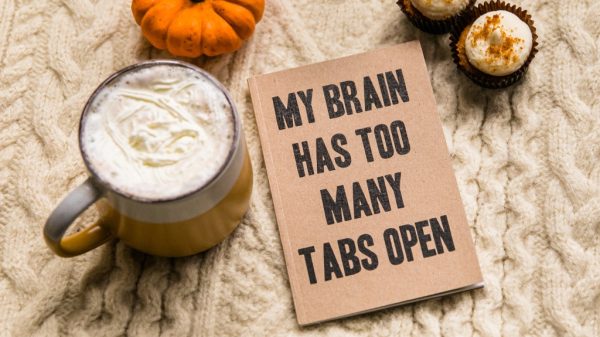When it comes to buying or selling a home, much of the focus naturally falls on people in the process of moving. Where they want to relocate to, how long it takes them to find a home…etc. But there’s another part of the equation: what happens once someone buys a home? More importantly, how long do they stay put?
In 2018, the National Association of Realtors® (NAR) actually did a study on this and found that the median amount of time individuals own their homes is 13 years. That’s actually a jump since the last decade when people were more likely to stay for only about 10 years.
Of course, median scores don’t paint an accurate picture of what’s happening in specific locations. For instance, homeowners in the northeastern section of the United States (think states like New York, Massachusetts, and Pennsylvania) are more likely to keep their homes for longer periods of time. On the other hand, homeowners in the west – think Utah, Arizona, and Colorado, not the Pacific Northwest – are more likely to sell their homes within 8 years.
One good indicator of whether or not someone will keep their homes for longer is average home prices. In general, NAR found that people who lived in areas where housing was expensive, like California, were less likely to sell quickly. High prices also make selling homes difficult: people often don’t want to put their home up for sale when they don’t have anything lined up. This can create a housing shortage, which can drive prices higher, furthering the cycle.
The good news about places with “low median tenure” (people moving more often) is that there’s more likely to be growth in the housing market. After all, if someone moves out of their starter home into something bigger, it leaves that starter home open for newcomers looking to settle down in the area.
Essentially, while home tenure has risen on a national scale, the diverse landscape of the United States means the experience will vary depending on your specific location.
Brittany is a Staff Writer for The American Genius with a Master's in Media Studies under her belt. When she's not writing or analyzing the educational potential of video games, she's probably baking.














































